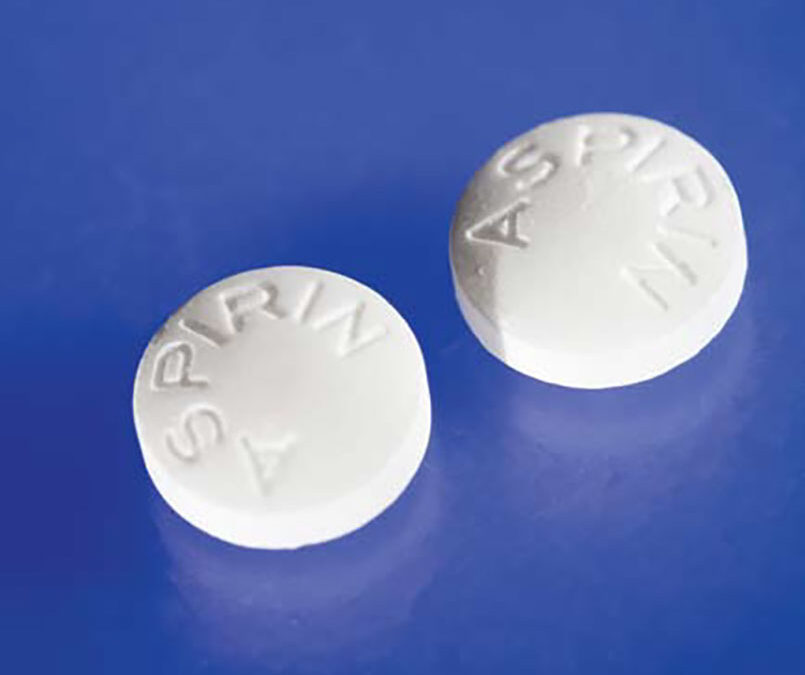Cardiologists seem to have a facination with blood. More specifically … they love to thin blood! To understand our fascination, one needs to understand how heart attacks occur. Within our body are small plaques that look like pimples on the surface of blood vessels.
Even though these plaques may only be causing a 20-30% blockage, if they rupture (through high blood pressure or inflammation), the exposed surface gets quickly covered by clot and now the blockage suddenly becomes 100% and you have a full blown heart attack!The iconic Bayer® aspirin, once used mainly for pain relief, was discovered to also thin blood.
This platelet inhibitor reduces the risk of stroke and future heart attacks in individuals who have already had an event. Its role in primary prevention is less clear with benefits being greater in men than women. However, in all individuals who are having prolonged chest pain, chewing aspirin could save your life!
After aspirin came another wonder drug called Plavix® (clopidogel). In combination with aspirin this can further reduce heart attacks, keep stents open and improve peripheral arterial disease. The newest and most effective platelet inhibitor is called Brilinta (ticagrelor) which reduces cardiovascular deaths an additional 21% over clopidogrel.
When antiplatelet agents are not enough ‘anticoagulants’ are considered. The most famous of these is warfarin (not so fondly referred to as ‘rat poison’). Although the dosing of this drug is tricky (monitor the INR) it protects against strokes, heart attacks, blood clots on valves, in the legs, and to the lungs. Only in the past two years have newer alternatives that are safer and in some cases more effective than warfarin been developed.
Pradaxa® (dabigatran), Xaralto® (rivaroxaban) and now Eliquis® (apixaban) all have the advantage of little monitoring requirements and less dietary food restrictions.
Within the hospital, patients may be put on a host of blood thinners intervenously (heparin, bivalarudin, eptifibatide) or through needle injections (enoxaparin,dalteparin, fondaparinux) to prevent leg clots or acute closure of a stent. The most powerful of all blood thinners are called thrombolytics (TPA,TNK) and are used to open up 100% blockages in the heart or head when a balloon procedure is not feasible.
Blood thinners are of immense value to those that need them but precautions must be taken. If you cut or injure yourself you may bleed more. Slow blood loss can result in anemia, while rapid blood loss can cause collapse. Avoid other drugs (eg. NSAID’s) or supplements (Vitamin E, fish oils) that can increase the risk of bleeing.
Minimize alcohol consumption on blood thinners.While the newer agents reduce bleeding complications in the head, they are more expensive and as yet do not have a reversing agent. Always consult with your doctor for the right choice….and know that these modern day vampires only have your heart in mind!


